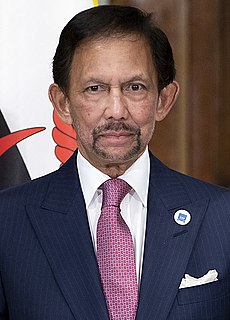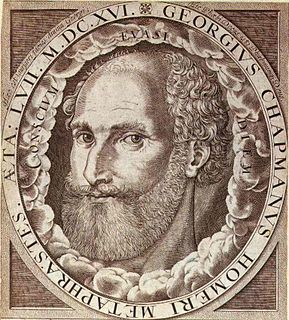A Quote by Hassanal Bolkiah
Theory states that Allahs law is cruel and unfair, but Allah himself has said that his law is indeed fair.
Related Quotes
[T]he guilty as well as the innocent are entitled to due process of law. They are entitled to a fair trial. They are entitled to counsel. They are entitled to fair treatment from the police. The law enforcement officer has the same duty as the citizen-indeed, he has a higher duty-to abide by the letter and spirit of our Constitution and laws. You yourselves must be careful to obey the letter of the law. You yourselves must be intellectually honest in the enforcement of the law.
No society can exist if respect for the law does not to some extent prevail; but the surest way to have the laws respected is to make them respectable. When law and morality are in contradiction, the citizen finds himself in the cruel dilemma of either losing his moral sense or of losing respect for the law, two evils of which one is as great as the other, and between which it is difficult to choose.
Since natural law was thought to be accessible to the ordinary man, the theory invited each juror to inquire for himself whether a particular rule of law was consonant with principles of higher law. This view is reflected in John Adams' statement that it would be an 'absurdity' for jurors to be required to accept the judge's view of the law, 'against their own opinion, judgment, and conscience.'
Good and wise men, in all ages, have embraced a very dissimilar theory. They have supposed that the deity, from the relations we stand in to himself and to each other, has constituted an eternal and immutable law, which is indispensably obligatory upon all mankind, prior to any human institution whatever. This is what is called the law of nature....Upon this law depend the natural rights of mankind.
And the law of God is written in every heart, and it is there that he manifests himself; And in infinite love, according to our necessities, states, conditions. And as we are all various and different from one another, more or less, so the law by the immediate operation of divine grace in the soul, is suited to every individual according to his condition.
The law is equal before all of us; but we are not all equal before the law. Virtually there is one law for the rich and another for the poor, one law for the cunning and another for the simple, one law for the forceful and another for the feeble, one law for the ignorant and another for the learned, one law for the brave and another for the timid, and within family limits one law for the parent and no law at all for the child.
This world,' she said. 'Do you really like it?' What a question! Farid never asked himself such things. He was glad to be with Dustfinger again and didn't mind where that was. It's a cruel world, don't you think?' Meggie went on. 'Mo often told me I forget how cruel it is too easily.' With his burned fingers, Farid stroke her fair hair. It shone even in the dark. 'They're all cruel,' he said. 'The world I come from, the world you come from, and this one, too. Maybe the people don't see the cruelty in your world right away, it's better hidden, but it's there all the same.








































